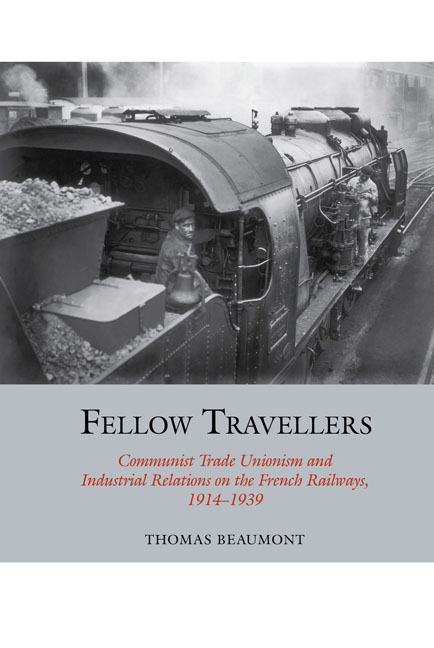4 results in Studies in Labour History

Soldiers as Citizens
- Popular Politics and the Nineteenth-Century British Military
-
- Published by:
- Liverpool University Press
- Published online:
- 10 July 2020
- Print publication:
- 20 September 2019
-
- Book
- Export citation

Fellow Travellers
- Communist Trade Unionism and Industrial Relations on the French Railways, 1914–1939
-
- Published by:
- Liverpool University Press
- Published online:
- 10 July 2020
- Print publication:
- 03 December 2019
-
- Book
- Export citation

Socialism and the Diasporic 'Other'
- A Comparative Study of Irish Catholic and Jewish Radical and Communal Politics in East London, 1889–1912
-
- Published by:
- Liverpool University Press
- Published online:
- 16 November 2019
- Print publication:
- 13 March 2018
-
- Book
- Export citation

Harold Wilson, Denmark and the Making of Labour European Policy
-
- Published by:
- Liverpool University Press
- Published online:
- 07 September 2019
- Print publication:
- 28 November 2017
-
- Book
- Export citation

